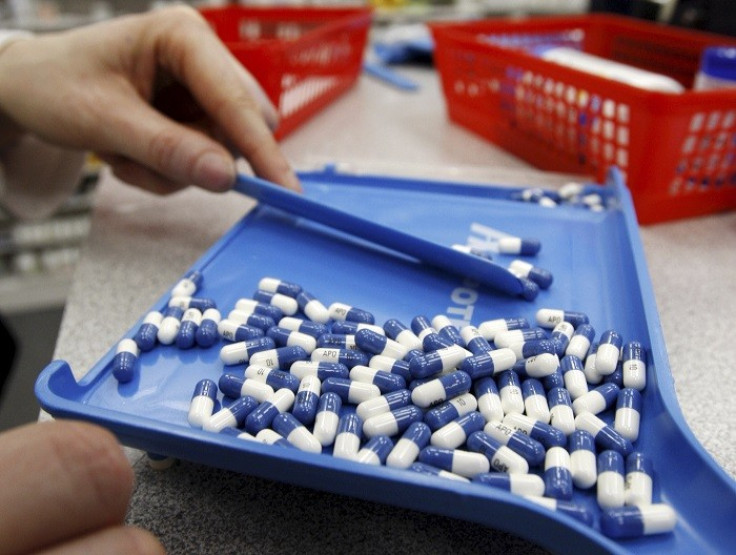'Achilles Heel' of Antibiotic Resistance Discovered in Bacteria's Defensive Walls

The "Achilles' heel" of antibiotic resistance has been discovered by scientists, who claim to have found a way to target the bacteria's defensive walls, preventing it from becoming drug-resistant.
Scientists from the University of East Anglia say their findings could result in a new wave of drugs without the shortcomings of current antibiotics.
Published in the journal Nature, the researchers looked at a class of bacteria called 'Gram-negative bacteria' resistant to antibiotics due to its cells' impermeable outer membrane. This outer membrane acts as a defensive barrier against attacks from the immune system and antibiotics.
At present the World Health Organisation has said antibiotic resistance is one of the biggest health problems facing the world – common infections that have been treatable for many years will once again become deadly as there will be no drugs to kill them.
Modern cancer and diabetes treatments would be impossible in their current form, while routine surgery would be lethal.
The researchers looked at how the defensive barrier of the cell is built and found how bacterial cells transport the building blocks of the barrier to the outer surface. They found that removing the outer membrane causes the bacteria to become vulnerable and die.
Research leader Changjiang Dong said: "We have identified the path and gate used by the bacteria to transport the barrier building blocks to the outer surface. Importantly, we have demonstrated that the bacteria would die if the gate is locked.
"This is really important because drug-resistant bacteria is a global health problem. Many current antibiotics are becoming useless, causing hundreds of thousands of deaths each year.
"The number of super-bugs are increasing at an unexpected rate. This research provides the platform for urgently-needed new generation drugs."
Lead author Haohao Dong added: "The really exciting thing about this research is that new drugs will specifically target the protective barrier around the bacteria, rather than the bacteria itself.
"Because new drugs will not need to enter the bacteria itself, we hope that the bacteria will not be able to develop drug resistance in future."
© Copyright IBTimes 2024. All rights reserved.






